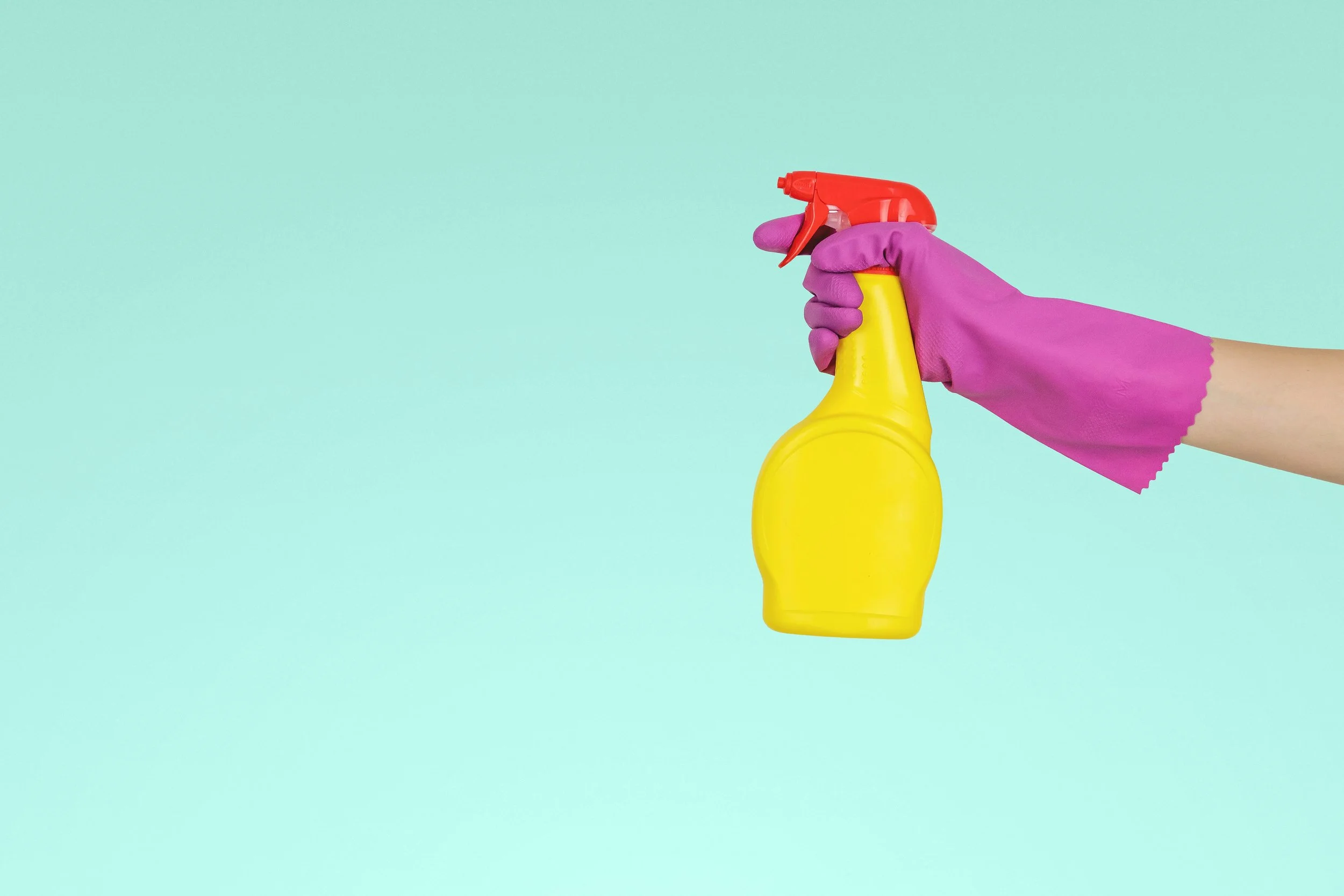Explore Our Blog
Fertility | Acupuncture | Women’s Health | Chinese Medicine | General Health
Latest Posts
Stress affects fertility by disrupting hormones, reducing IVF success rates, and causing anxiety. Manage stress with mindfulness, diet changes, and emotional support.
Your menstrual cycle reveals vital health insights. Learn how diet, menstrual cycle exercises, stress management, and tracking promote mental and physical well-being.
Discover how acupuncture balances hormones, reduces stress, and enhances fertility for those on the journey to parenthood naturally.
Acupuncture, a central practice in Traditional Chinese Medicine, offers natural and holistic support for women’s health, addressing menstrual health, fertility, pregnancy, menopause, and mental well-being. By targeting specific points to balance energy flow, acupuncture helps regulate hormones, relieve pain, and reduce stress. Benefits include pain relief for menstrual cramps, enhanced fertility support, symptom management during pregnancy, and alleviation of menopausal symptoms like hot flashes. Acupuncture is also effective for reducing anxiety and improving sleep. Choosing a skilled or female acupuncturist may enhance comfort and tailor treatments to women’s unique health needs, fostering a supportive healing experience.
Acupuncture, a central practice in Traditional Chinese Medicine, offers natural and holistic support for women’s health, addressing menstrual health, fertility, pregnancy, menopause, and mental well-being. By targeting specific points to balance energy flow, acupuncture helps regulate hormones, relieve pain, and reduce stress. Benefits include pain relief for menstrual cramps, enhanced fertility support, symptom management during pregnancy, and alleviation of menopausal symptoms like hot flashes. Acupuncture is also effective for reducing anxiety and improving sleep. Choosing a skilled or female acupuncturist may enhance comfort and tailor treatments to women’s unique health needs, fostering a supportive healing experience.
Acupuncture, a central practice in Traditional Chinese Medicine, offers natural and holistic support for women’s health, addressing menstrual health, fertility, pregnancy, menopause, and mental well-being. By targeting specific points to balance energy flow, acupuncture helps regulate hormones, relieve pain, and reduce stress. Benefits include pain relief for menstrual cramps, enhanced fertility support, symptom management during pregnancy, and alleviation of menopausal symptoms like hot flashes. Acupuncture is also effective for reducing anxiety and improving sleep. Choosing a skilled or female acupuncturist may enhance comfort and tailor treatments to women’s unique health needs, fostering a supportive healing experience.
Acupuncture, a central practice in Traditional Chinese Medicine, offers natural and holistic support for women’s health, addressing menstrual health, fertility, pregnancy, menopause, and mental well-being. By targeting specific points to balance energy flow, acupuncture helps regulate hormones, relieve pain, and reduce stress. Benefits include pain relief for menstrual cramps, enhanced fertility support, symptom management during pregnancy, and alleviation of menopausal symptoms like hot flashes. Acupuncture is also effective for reducing anxiety and improving sleep. Choosing a skilled or female acupuncturist may enhance comfort and tailor treatments to women’s unique health needs, fostering a supportive healing experience.
Traditional Chinese Medicine (TCM) offers a holistic pathway to achieving emotional balance by addressing the interconnectedness of emotions, physical health, and energy flow. Emotions in TCM are tied to specific organs, and imbalances can disrupt Qi (energy), leading to emotional and physical distress. By integrating practices like acupuncture, herbal remedies, mindful movement, and meditation, TCM harmonizes Qi, reduces stress, and fosters resilience. These ancient techniques promote emotional clarity, alleviate anxiety, and enhance overall well-being, offering a sustainable approach to cultivating inner peace and long-term health.
Meridian therapy, a cornerstone of Traditional Chinese Medicine (TCM), focuses on maintaining the smooth flow of Qi (vital energy) through the body’s meridians—energy channels connecting organs and systems. Imbalances or blockages in these pathways can lead to physical, emotional, or mental distress. By using techniques like acupuncture, acupressure, moxibustion, and herbal remedies, meridian therapy unblocks Qi and restores harmony. This holistic practice addresses a wide range of conditions, from chronic pain and stress to digestive and hormonal imbalances, offering a personalized approach to well-being while bridging ancient healing wisdom with modern wellness.
Meditation and acupuncture, when combined, offer a profound synergy that enhances overall well-being by harmonizing the mind and body. Meditation calms the mind, reduces stress, and fosters mindfulness, while acupuncture balances energy flow and promotes relaxation. Together, they amplify each other’s benefits, making it easier to enter deeper meditative states and sustain emotional and physical harmony. By clearing energy blockages, soothing tension, and improving focus, acupuncture supports a more effective meditation practice, paving the way for transformative stress relief, emotional balance, and long-term health.
Acupuncture, rooted in Traditional Chinese Medicine, offers a holistic approach to weight loss by addressing factors like appetite control, stress reduction, improved digestion, and hormonal balance. While it doesn't directly cause weight loss, it can complement diet and exercise by regulating hunger hormones, boosting metabolism, and reducing stress-induced cravings. Studies suggest that regular acupuncture sessions, when combined with healthy lifestyle habits, enhance weight loss outcomes. Safe and non-invasive, acupuncture also supports overall wellness, making it a valuable addition to a personalized weight loss strategy under the guidance of a licensed practitioner.
Acupuncture, a traditional Chinese therapy, involves inserting thin needles into specific body points (acupoints) to balance energy flow (Qi) and promote health. Safe during pregnancy when performed by a licensed practitioner, it offers drug-free relief for symptoms like nausea, back pain, pelvic discomfort, and anxiety while improving sleep and preparing the body for labor. Tailored to each trimester, acupuncture supports physical and emotional wellness, with gentler techniques used to accommodate pregnancy changes. Ensuring practitioner expertise and avoiding specific acupoints are crucial for safety, making acupuncture a holistic option for prenatal care and symptom management.
Dry needling and acupuncture are needle-based techniques aimed at alleviating pain, improving function, and supporting recovery, but they differ significantly in their origins, methods, and applications. Dry needling, rooted in Western medicine, targets muscle "trigger points" to relieve tension and enhance mobility, making it ideal for localized pain and sports injuries. Acupuncture, a cornerstone of Traditional Chinese Medicine (TCM), focuses on balancing energy flow (Qi) along meridians, offering holistic wellness benefits and addressing chronic conditions, stress, and mental health. Choosing between these therapies depends on individual health goals, with dry needling excelling in muscular relief and acupuncture promoting long-term well-being.
Acupuncture, a central practice in Traditional Chinese Medicine, offers natural and holistic support for women’s health, addressing menstrual health, fertility, pregnancy, menopause, and mental well-being. By targeting specific points to balance energy flow, acupuncture helps regulate hormones, relieve pain, and reduce stress. Benefits include pain relief for menstrual cramps, enhanced fertility support, symptom management during pregnancy, and alleviation of menopausal symptoms like hot flashes. Acupuncture is also effective for reducing anxiety and improving sleep. Choosing a skilled or female acupuncturist may enhance comfort and tailor treatments to women’s unique health needs, fostering a supportive healing experience.
Acupuncture, rooted in Traditional Chinese Medicine, is widely recognized for its ability to relieve pain, reduce stress, and improve well-being. This practice involves inserting thin needles into specific points on the body to balance energy flow and stimulate natural healing processes. In the short term, acupuncture provides immediate relief from pain, stress, and anxiety, and promotes better sleep and mental clarity. Over time, regular treatments offer lasting benefits such as chronic pain management, enhanced mental health, hormonal balance, improved digestion, and a strengthened immune system. By addressing both immediate symptoms and underlying health issues, acupuncture fosters resilience and supports lasting wellness.
Facial cupping has emerged as a popular skincare method that leverages gentle suction to boost skin health and appearance. This technique, rooted in traditional Chinese medicine, involves gliding small, soft cups over the face to stimulate blood flow, promote lymphatic drainage, and encourage collagen production. Facial cupping offers multiple benefits, including reducing puffiness, enhancing skin’s glow, and helping to soften fine lines. It’s a non-invasive approach that can be done professionally or at home with the right tools, making it accessible for those seeking a natural enhancement to their skincare routine.
Acupuncture, rooted in Traditional Chinese Medicine (TCM), involves inserting fine needles at specific points on the body to promote health by regulating energy flow (Qi). Acupuncture has shown potential benefits for various conditions, especially in pain management, mental health, and sleep improvement. Studies, such as a meta-analysis from The Journal of Pain (2021), indicate that acupuncture provides modest relief for chronic pain. Additionally, research highlights its use in anxiety management and improved sleep quality, likely due to its influence on neurochemistry and the HPA axis.
Acupuncture, a popular traditional Chinese medicine technique, is generally safe when performed by certified professionals. However, like any therapy, it has potential side effects. Common experiences include dizziness, likely due to temporary blood pressure changes, and mild soreness, which should resolve quickly. Some people may feel emotional or fatigued, a reaction often linked to the release of stored stress. Bruising can also occur, especially in sensitive areas, but usually fades within days. Though these effects are typically mild, it’s important to consult a healthcare provider if symptoms are severe or persistent, ensuring a safe acupuncture experience.
Cupping therapy is celebrated for relieving pain, reducing muscle tension, and enhancing relaxation. However, proper aftercare is essential to maximize benefits and minimize side effects like bruising, fatigue, and soreness. After a session, stay hydrated to help flush out toxins, rest to support the body’s healing, and apply natural oils to soothe the skin. Avoid cold showers, strenuous exercise, caffeine, alcohol, and direct sunlight, as they may interfere with recovery. Flu-like symptoms may arise due to detoxification and usually subside within a day or two. Following these steps helps ensure a comfortable and effective recovery, allowing you to enjoy the full benefits of cupping therapy.
Acupuncture, a therapeutic practice from ancient China, has helped people for over 2,500 years by targeting specific points on the body to encourage healing and relieve various ailments. Today, acupuncture is practiced in many forms, each with unique techniques and benefits. This guide dives into the primary styles and approaches to acupuncture—from Traditional Chinese Acupuncture (TCM) to modern adaptations like medical acupuncture—and covers techniques such as electroacupuncture, needleless acupuncture, and more. Explore which acupuncture style might best suit your wellness goals and learn how this time-tested practice continues to support health and balance worldwide.
Discovering a breech baby can complicate childbirth, often leading to a C-section. Moxibustion, a traditional Chinese medicine technique involving the burning of mugwort near specific points on the body, offers a non-invasive alternative to encourage the baby to turn head-down. This article explores the process, effectiveness, and safety of moxibustion, backed by current research. While some studies show promising results, further research is needed. Expectant parents are advised to consult healthcare providers and qualified practitioners before considering moxibustion as a treatment for breech pregnancies.
























